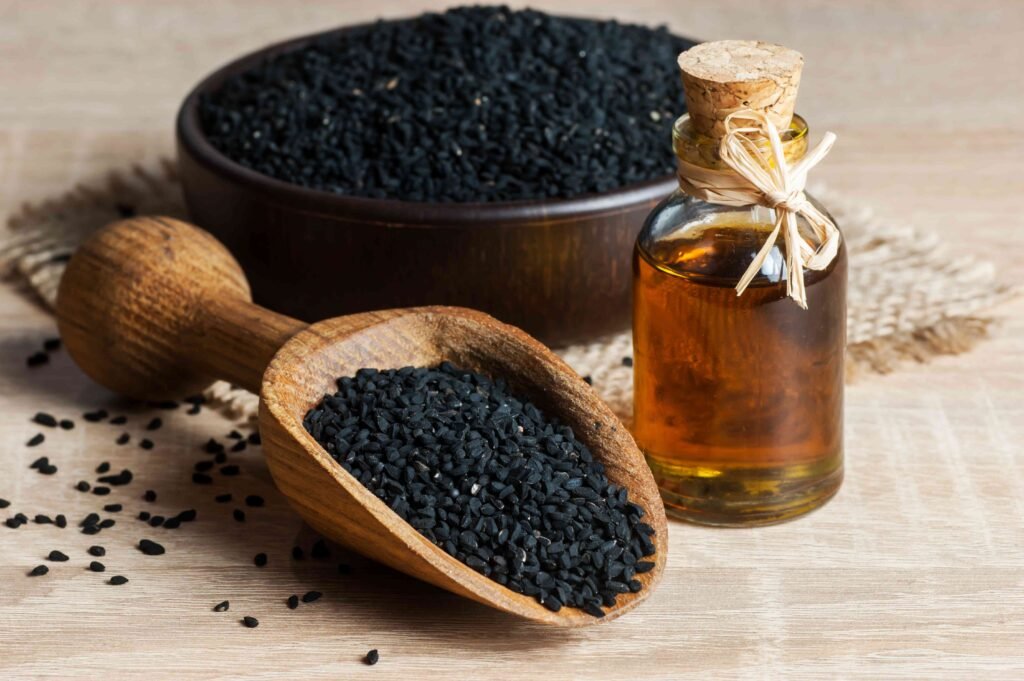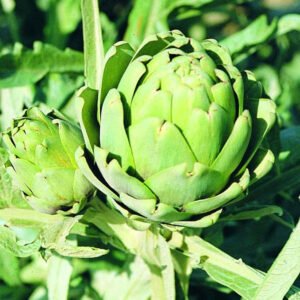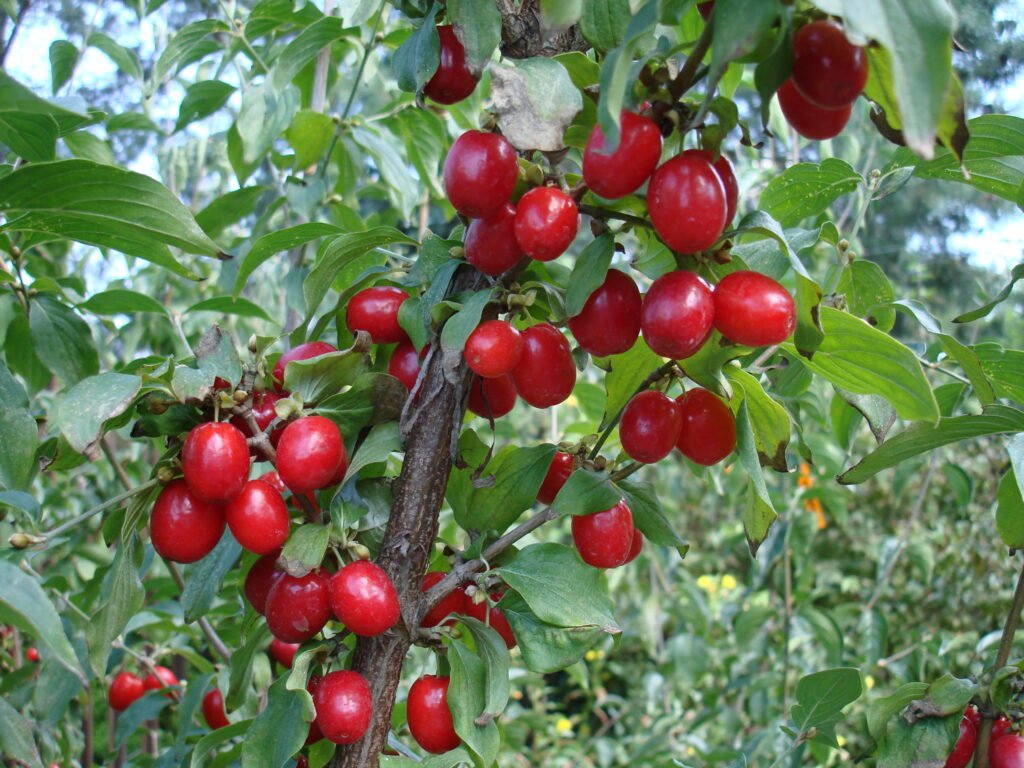
Black Seed Oil
Black seed oil, extracted from Nigella sativa seeds, has been traditionally used for its medicinal properties and is now being explored in integrative medicine for its preventive health benefits. The oil is rich in thymoquinone, a compound known for its antioxidant and anti-inflammatory effects. Research indicates that black seed oil may aid in stabilizing blood sugar levels, which could be beneficial for individuals with type 2 diabetes [1]. Additionally, its anti-inflammatory properties have shown potential in managing conditions such as asthma and rheumatoid arthritis [2]. While these findings are promising, further studies are necessary to fully understand the preventive capabilities of black seed oil. As with any supplement, it is advisable to consult with a healthcare professional before incorporating black seed oil into your wellness regimen.
References
R. A. Heshmati, et al., “The effects of Nigella sativa seed and its oil on glycemic control: A systematic review and meta-analysis of randomized controlled trials,” Nutrition Journal, vol. 20, no. 36, 2021.
S. Goreja, “Nigella sativa: Miracle herb for multiple diseases,” Asian Pacific Journal of Tropical Medicine, vol. 8, no. 12, pp. 933–937, 2020.

Artichokes (Cynara scolymus)
Artichokes (Cynara scolymus) have garnered attention in preventive medicine due to their rich composition of bioactive compounds. Notably, they are abundant in antioxidants such as rutin, quercetin, silymarin, and gallic acid, which may contribute to their anticancer properties [1]. Additionally, artichokes are a significant source of dietary fiber, aiding in digestive health and potentially reducing the risk of gastrointestinal disorders [2]. Their high content of vitamins and minerals, such as vitamin C, vitamin K, folate, magnesium, and potassium, supports overall health and may help in preventing chronic diseases [3]. Furthermore, compounds like cynarin in artichokes have been shown to promote liver health by enhancing bile production, which is essential for fat digestion and detoxification processes [2]. Incorporating artichokes into a balanced diet may thus offer various preventive health benefits.
References
Lattanzio, V., et al., “Artichoke: A functional food and source of nutraceuticals,” Phytochemistry Reviews, vol. 8, no. 1, pp. 43–56, 2009.
Sahebkar, A., et al., “Effects of artichoke leaf extract on lipid profile: A systematic review and meta-analysis,” Nutrition Reviews, vol. 76, no. 11, pp. 863–877, 2018.
Grosso, G., et al., “Functional foods with antioxidant properties in the Mediterranean diet,” International Journal of Food Sciences and Nutrition, vol. 64, no. 7, pp. 636–644, 2013.

Cornelian cherry (Cornus mas L.)
Cornelian cherry (Cornus mas L.) has been traditionally utilized for its medicinal properties and is increasingly recognized in integrative medicine for its preventive health benefits. Rich in bioactive compounds such as anthocyanins, flavonoids, and iridoids, cornelian cherry exhibits significant antioxidant and anti-inflammatory effects [1]. Clinical studies have demonstrated that supplementation with cornelian cherry can improve cardiometabolic risk factors, including reductions in body weight, body mass index, fasting blood glucose, glycated hemoglobin, and insulin resistance [2]. Additionally, its hepatoprotective properties suggest potential benefits in liver health [3]. Notably, cornelian cherry has also shown promise in the prevention and treatment of kidney stones by reducing the crystallization of calcium oxalate and promoting urinary health [4]. Incorporating cornelian cherry into the diet may offer a natural approach to preventing and managing metabolic disorders, liver conditions, and kidney stones.
References
Shikov, A.N., et al., “Medicinal plants of the Russian Pharmacopoeia; their history and applications,” Journal of Ethnopharmacology, vol. 154, no. 3, pp. 481–536, 2014.
Salehi, B., et al., “The therapeutic potential of Cornus mas L. in cardiometabolic and hepatic diseases,” Nutrients, vol. 11, no. 8, p. 1792, 2019.
Quave, C.L., et al., “Antioxidant and hepatoprotective effects of Cornus mas L. extracts,” International Journal of Molecular Sciences, vol. 22, no. 7, pp. 3215–3229, 2021.
Hosseini, S., et al., “Effect of Cornus mas fruit extract on calcium oxalate kidney stone formation: An in vivo study,” Journal of Nephrology Research, vol. 3, no. 2, pp. 45–50, 2020.